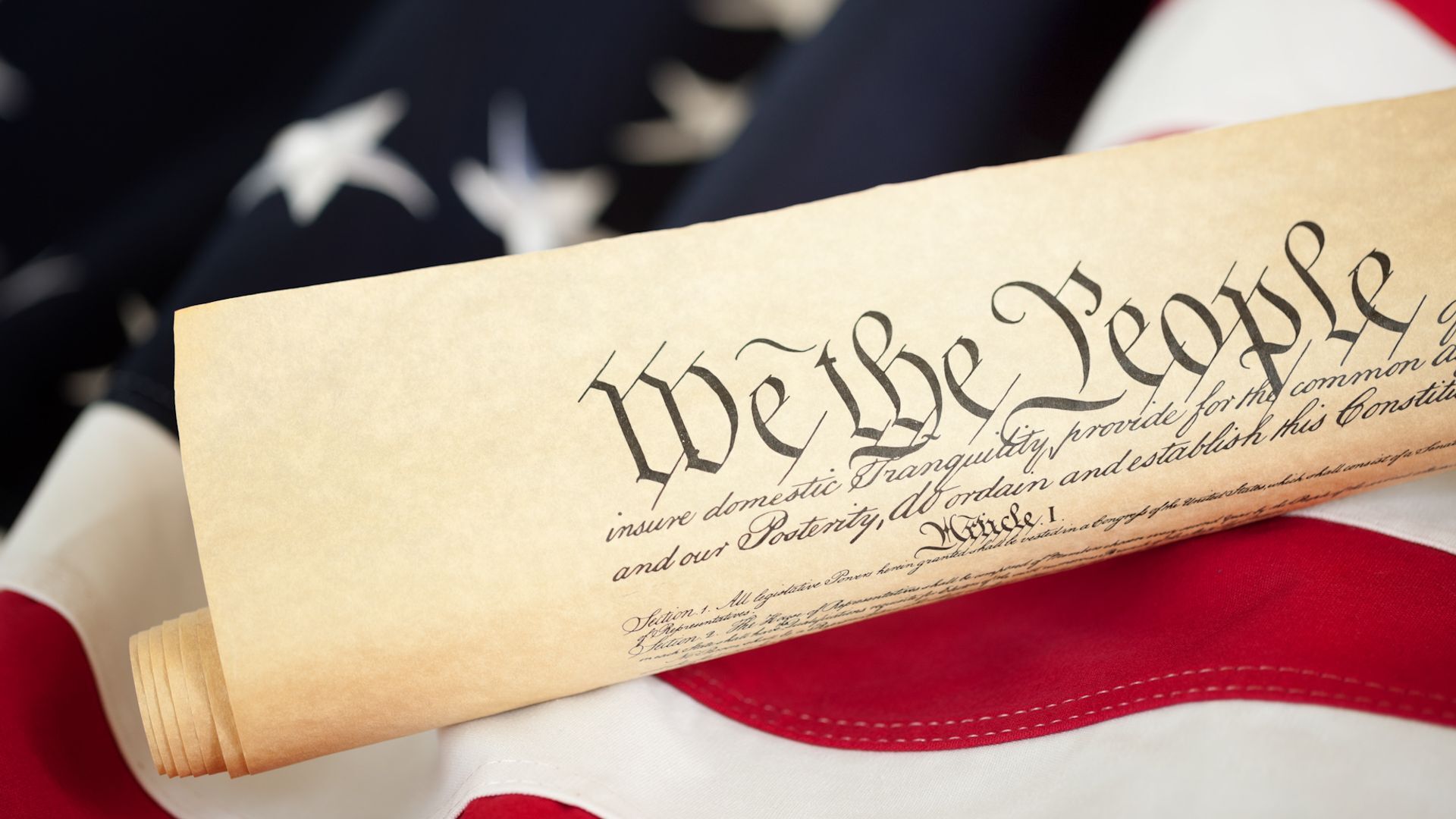
[Lauren]
THE FIRST AMENDMENT COALITION IS SUING CALIFORNIA ATTORNEY GENERAL ROB BONTA AND SAN FRANCISCO CITY ATTORNEY DAVID CHIU.
THE ORGANIZATION ARGUES BONTA AND CHIU USED A SECTION OF CALIFORNIA’S PENAL CODE TO “CHILL JOURNALISTS AND PUBLISHERS FROM REPORTING ON THE ARREST OF THE NOW-FORMER CEO OF A CONTROVERSIAL TECH COMPANY.”
CALIFORNIA’S ANTI-DISSEMINATION STATUTE BARS NEARLY ANY PERSON OR ENTITY FROM DISCLOSING INFORMATION ABOUT A SEALED ARREST AND IMPOSES FINES UP TO $2,500 PER VIOLATION.
THIS MEANS JOURNALISTS, WITNESSES, ADVOCATES AND OTHERS – ARE BARRED FROM REPORTING INFORMATION FROM SEALED ARREST RECORDS.
“BY ITSELF, THE ANTI-DISSEMINATION STATUTE THREATENS A HOST OF PROTECTED SPEECH ON IMPORTANT PUBLIC ISSUES,” THE COALITION STATES IN IT’S LAWSUIT, CALLING THE STATUTE A BLATANT VIOLATION OF THE FIRST AMENDMENT.
THE FIRST AMENDMENT COALITION ARGUES THE TECH CEO WAS PROVIDING DATA TO THE US GOVERNMENT AND EVEN HAD A SECURITY CLEARANCE THROUGH THE DEPARTMENT OF DEFENSE. THE CEO WAS ARRESTED AND PETITIONED THE COURT IN FEBRUARY 2022 TO HAVE THE ARREST RECORD SEALED – WHICH THE COURT GRANTED.
A JOURNALIST REQUESTED THE ARREST REPORT AND THE SAN FRANCISCO POLICE DEPARTMENT RELEASED THE RECORDS TO THE JOURNALIST UNDER THE CALIFORNIA PUBLIC RECORDS ACT AND DID NOT SHARE WITH THE JOURNALIST THAT THE REPORT WAS SEALED.
THE JOURNALIST POSTED THE REPORT ON HIS WEBSITE, DISCLOSING THE TECH CEO’S ARREST.
IN RESPONSE, THE TECH CEO RESIGNED FROM THE COMPANY AND SOLICITED THE HELP OF CITY ATTORNEY CHIU TO PRESSURE THE JOURNALIST TO TAKE THE ARREST REPORT OFF HIS WEBSITE AND CENSOR HIS WRITINGS, CITING THE ANTI-DISSEMINATION STATUTE.
THE FIRST AMENDMENT COALITION ARGUES THE ANTI-DISSEMINATION STATUTE DEPRIVES JOURNALISTS OF THEIR FIRST AMENDMENT RIGHT “TO PUBLISH LAWFULLY GATHERED INFORMATION ON MATTERS OF PUBLIC CONCERN.”
THE ORGANIZATION IS SEEKING TO HAVE THE ANTI-DISSEMINATION CLAUSE DEEMED UNCONSTITUTIONAL UNDER THE FIRST AND FOURTEENTH AMENDMENTS.
NEITHER BONTA NOR CHIU HAVE MADE A COMMENT ABOUT THE LAWSUIT.











